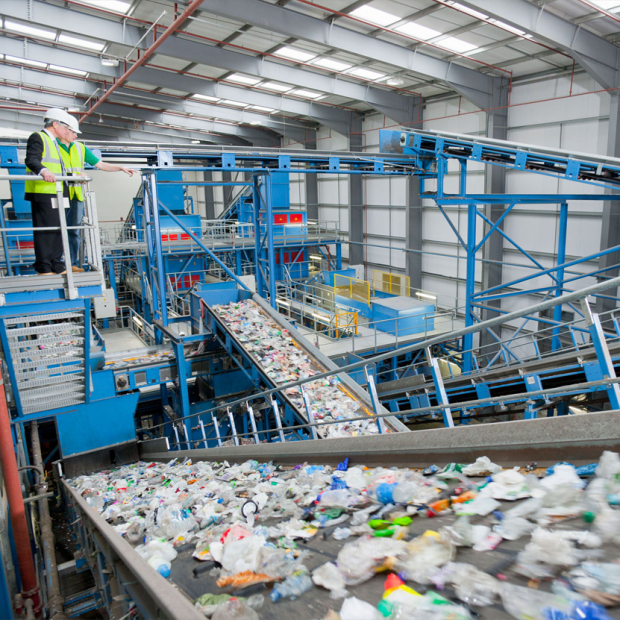
Sufficiency measures for SwissEnergy
EBP has analysed the energy savings potential of sufficiency measures for the SwissEnergy Programme.
The SwissEnergy programme figures prominently in the development of Switzerland’s long-term energy policy. Known as the Energy Strategy 2050, the goal of this long-term policy is the step-by-step elimination of Switzerland’s dependence on nuclear power. This strategy will require significant changes in Switzerland’s existing energy supply system. For instance, means of achieving greater energy efficiency must be identified and a balanced approach to the exploitation of renewable sources of energy must be taken. In practice, the energy savings potential of increased efficiency is often limited. In some cases, increases in energy efficiency even lead to greater energy consumption. For instance, demand for energy services that can be sold at lower rates thanks to increased efficiency is often higher. New, more efficient technologies often wind up encouraging consumers to increase their use. This is because they think they can do so with a good conscience – a classic rebound effect.
Attempts to achieve more sufficiency represent a promising way of reinforcing and supplementing achievements in the area of energy efficiency because they should tend to counteract rebound effects. On the other hand, implementing sufficiency measures is not easy because they call our contemporary consumer behaviour into question to some extent. Among other tools, we used the household budget survey devised by the Swiss Federal Statistical Office as a basis for examining the energy intensity of consumer spending in various categories.
Working together with the Swiss Federal Office of Energy (SFOE), EBP examined the existing SwissEnergy measures in terms of their sufficiency components and proposed both new and supplementary measures. The SFOE is now able to use our findings as an internal guideline.









